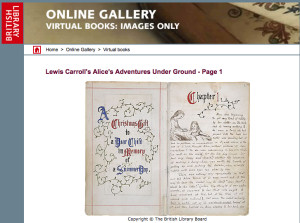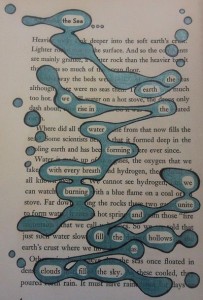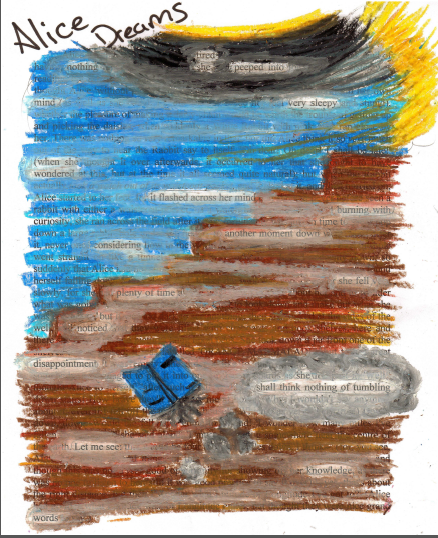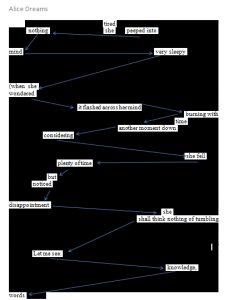A number of people in the department and on campus have written to me about Seamus Heaney’s death, so I just want to share a couple thoughts about him.
Yeats once said that a poet is never the bundle of accident and incoherence that sits down to breakfast; he has been reborn as an idea, something intended, complete, so I guess it’s fitting that the last time I saw Heaney, in Ireland a little over three weeks ago, he was having breakfast. He had just given a reading the previous night (I’m guessing it was his last public reading), and that morning, as I was having my own breakfast while stealing glances his way, I thought of that quote. For Yeats, of course, the whole idea of The Poet means a kind of paradoxical blending of individuality and collectivity — by adhering scrupulously to his or her own vision the poet gives expression to (and is reborn as a part of) something communal, more type than man, more passion than type. It’s all pretty typical high modernist stuff, and in certain moods, I agree; but when I saw Heaney that morning and thought about his reading the previous evening, I felt like Yeats only gets it partly right.
Theres an old Irish expression that (old) people use when they don’t know a person referenced in a conversation. They’ll ask, who is he when he’s at home? During Heaney’s reading, he didn’t go with all the really famous stuff — “Digging,” the poems about bog people, the major translations, his beautiful and conflicted responses to Northern Irish violence — but, instead, gave us short, simple, vivid lyrics, most of them about rural life in Ireland. It struck me during the reading and again at breakfast that if being a Poet means, for Yeats, a kind of rebirth, a kind of transcendence, being a poet (with the small p) can also be a way of becoming more fully who one is when one is at home — that bundle of accident, in all our silly humanity, at the breakfast table.
When Heaney was introduced at the reading by the president of the Yeats Summer School, she said that Heaney decided once again to give a reading, even though he has not been in the best of health, because he said he owed it to Yeats. That sounds pretty audacious -— though, if anyone has earned that right, it’s Heaney — but during the course of the reading it became clear to me that the choice of simple lyrics, as opposed to the biggies, was really an act of humble tribute, a return to poetry as something beautifully ordinary.
All of which is an elaborate way of saying that Heaney, for all his fame, was a thoroughly humble person. Over the years, I’ve seen him interact with lots of fans, including many Geneseo students eager to have their books signed and to ask questions about their own encounters with his poems, and he was always, just that — humble, kind, open, ready to talk.
The first time I met him, in 1995 at a hotel bar in Sligo, I was one of those eager students. A group of us, all in graduate school, had pretty much cornered him, testing out our ideas for seminar papers and doctoral theses, and, while I don’t remember what he said (I was too self-conscious about meeting the great poet to actually listen to him), I remember his manner — friendly, interested, obviously content to sit around and talk poetry, even with (what must have been an unbearable) gaggle of graduate students.
Okay, I’m starting to use alliteration and odd metaphors (gaggle?) in my phrasing — time to wrap this up. When Heaney read, when he talked in bars, when he sat at breakfast smiling shyly to passersby, he always seemed, to me at least, to be at home as himself, at home as both poet and person, person and poet.
Heres one of the poems from that last public reading. Its a nice one for summer’s end:
Blackberry-Picking
Late August, given heavy rain and sun
For a full week, the blackberries would ripen.
At first, just one, a glossy purple clot
Among others, red, green, hard as a knot.
You ate that first one and its flesh was sweet
Like thickened wine: summer’s blood was in it
Leaving stains upon the tongue and lust for
Picking. Then red ones inked up and that hunger
Sent us out with milk cans, pea tins, jam pots
Where briars scratched and wet grass bleached our boots.
Round hayfields, cornfields and potato drills
We trekked and picked until the cans were full,
Until the tinkling bottom had been covered
With green ones, and on top big dark blobs burned
Like a plate of eyes. Our hands were peppered
With thorn pricks, our palms sticky as Bluebeards.
We hoarded the fresh berries in the byre
But when the bath was filled we found a fur,
A rat-grey fungus, glutting on our cache.
The juice was stinking too. Once off the bush
The fruit fermented, the sweet flesh would turn sour.
I always felt like crying. It wasnt fair
That all the lovely canfuls smelt of rot.
Each year I hoped theyd keep, knew they would not.




